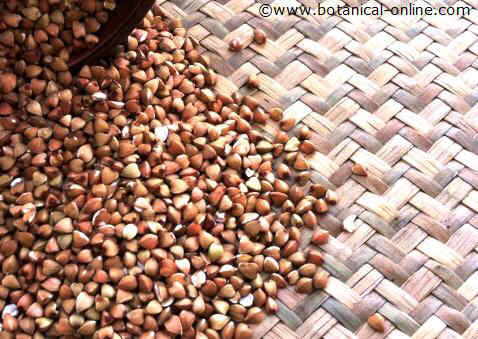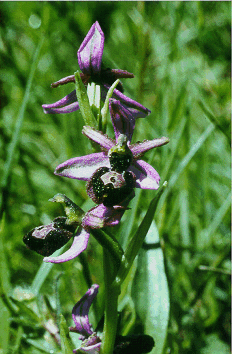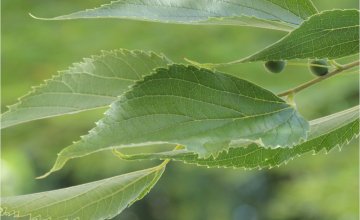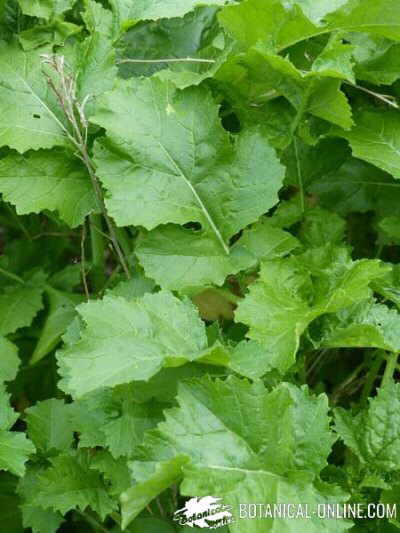Contents
Are rose hips poisonous?
Dangers of dog rose and its fruits, rose hips
Dog rose (Rosa canina L.) is a deciduous shrub of the Rosaceae family, from which its leaves, flowers, fruits and bedeguars ( galls that appear on rosebushes) can be used medicinally.
It is a plant very similar to eglantine (Rosa rubiginosa L.), which also produces fruits which are used in the diet just like rose hips.
Is dog rose toxic?
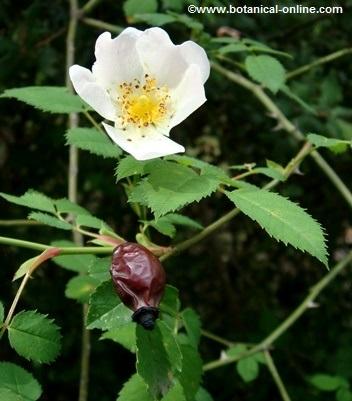
No, wild rose is not a toxic plant. Its leaves, flowers and fruits can be consumed as we do with other edible wild plants. In fact, it is likely that they were a regular food in the diet of our ancestors, like many other herbs in the field.
Dangerous components of dog rose
The whole plant is rich in tannins, which can cause adverse effects related to intestinal symptoms. The high tannin content of the leaves and fruits can cause side effects related to the digestive system, such as vomiting and gastritis. In very high doses, tannins could block intestinal secretions and alter intestinal bacterial flora, causing constipation.
However, for many authors this contraindication is rather theoretical, since the plant as food is edible and its consumption in normal doses does not usually produce adverse effects.
Toxicity of rose hips
The fruits of the dog rose, the rose hips, are very rich in vitamin C (they multiply by 50 the amount of vitamin C of the lemon), thiamin, pectin and tannins.
Despite their nutritional benefits, they have hairs on their entire surface that must be removed before consuming them, otherwise they could cause discomfort in the throat and digestive tract. It is said that the same components can cause itching when making bowel movements, so the vulgar names of the fruits are referred to as “tapaculos” or “grataculs”, in Catalan, which literally mean “ass coverer.”and “ass scratcher, respectively ”
Toxicity of rose hip seeds
Some people and internet blogs use the fruit of the whole rose hip with seeds. After drying them, they are ground to consume them whole (with ground seeds included, because they are rich in omega 3). It is a preparation of unknown toxicity, although it is known that other Rosaceae plants contain cyanogenic glycosides in the seeds, so, as a precaution, the recipe is not recommended.
Font i Quer refers to Garello Cantoni (1939) that the seeds of the rosehip are rich in essential oil that exerts a toxic effect on the nervous system and the medulla. The components of the rosehip could act on the heart (epicatechin) and in high doses can cause cardiovascular symptoms.
Wild rose for kidney stones
Formerly the rose hip was associated with the treatment of kidney stones, due to the similarity of the seeds with the kidney stones (sign theory). This application is not demonstrated.
Rosehip during pregnancy
It is probably not dangerous to eat rose hips during pregnancy, but the use of such remedies during pregnancy and lactation is not recommended because their safety of use is not known.
![]() More information on rose hips and dog rose
More information on rose hips and dog rose

